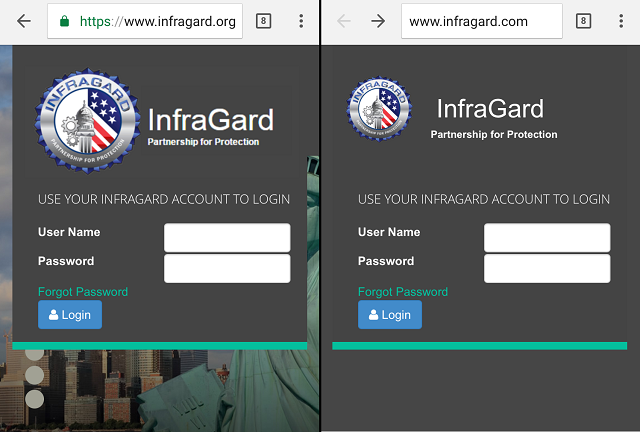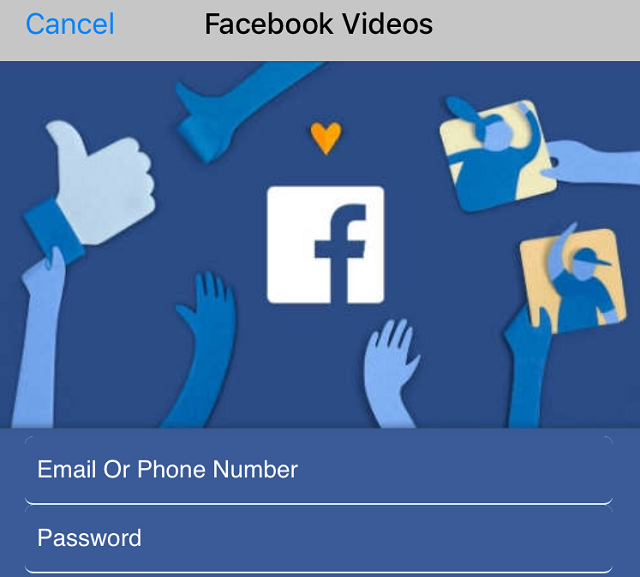ZDNet's Zack Whittacker has a sane take on the matter: Apple has not been hacked, but people are prone to reusing the same passwords across all the apps and websites they use - many of which have been breached. ZDNet's analysis has found that not all the accounts the hackers claim to have compromised, are indeed compromised - but a not insignificant number are.
What you need to know:
- If you haven't changed your Apple (aka iCloud) password recently (as in, within the last 6 months or so), it wouldn't be a bad idea to change it now.
- Use separate passwords for each account, so one stolen password doesn't put all your other accounts at risk.
- Enable two-factor authentication on any accounts that matter to you, so a stolen password by itself isn't enough to break into your account and steal or delete your valuable data. Here's how to enable it on your Apple ID: https://support.apple.com/en-us/HT204915





